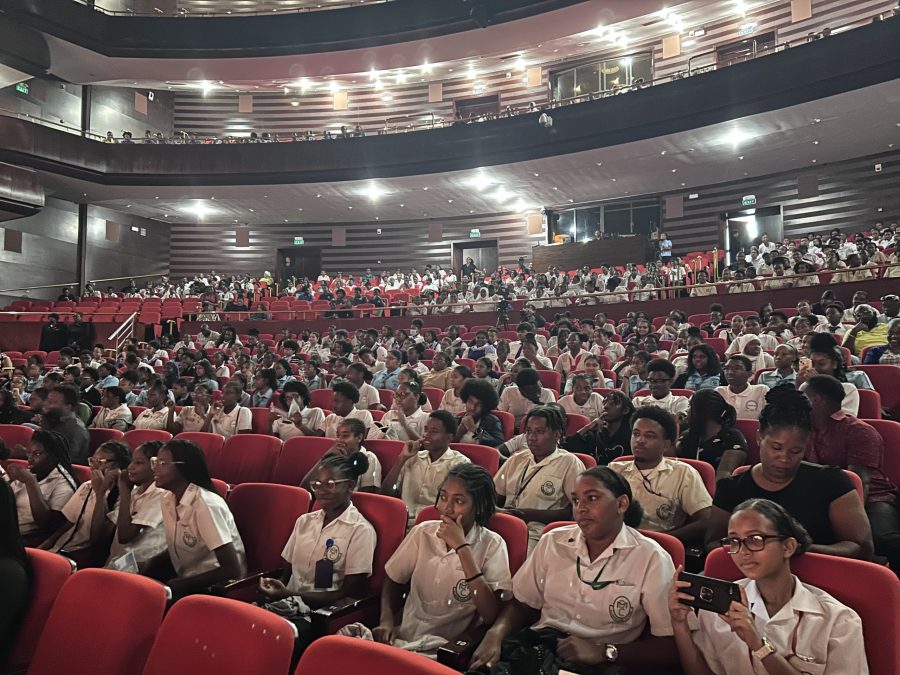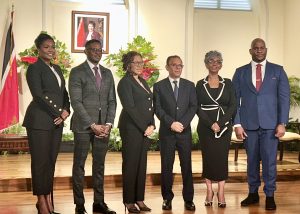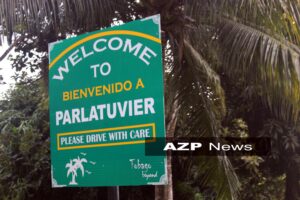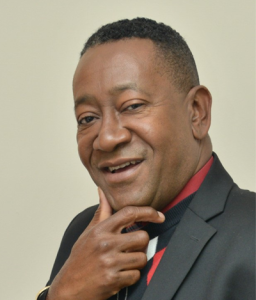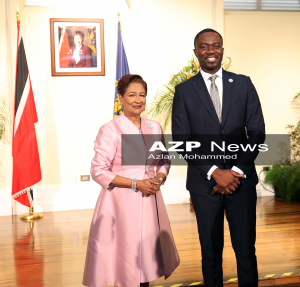Caption: Students gather in NAPA on Wednesday at the 10th Bi-Annual Secondary Schools Anti-Bullying Conference. AZP News/Alicia Chamely
By Alicia Chamely
“WE should really care for one another more and take everybody for who they are.”
This was the message sent by local comedian Crazy Legs, born Kimron Ramparas, before he took to the stage for the 10th Bi-Annual Secondary Schools Anti-Bullying Conference 2025 held on Wednesday at the National Academy for the Performing Arts (NAPA) Port of Spain.
Ramparas said like many others he too was and still is a victim of bullying.
He said we need to be cognisant of our words, as something we may see as funny may be hurtful to someone else due to circumstances in their lives that we do not know of.
Ramparas said the main message he had for the students in attendance was to just have “fun with one another” and that, “we should really care for one another more and take everybody for who they are.”
The Bi-Annual Secondary Schools Anti-Bullying Conference was held under the theme “Seek Help.”
The goal of this year’s conference was to establish a connection between unresolved trauma from being bullied in adolescence and the effect it has on adulthood.
The conference sought to encourage victims and perpetrators of bullying to seek the help and support they need to ensure the trauma they have endured does not negatively carry into adulthood.
Guest speakers included Ramparas, Jamal Certified Sampson and Dr Hanif Benjamin, a regional expert in addressing mental health and trauma.
Students from various schools performed skits, songs and spoken word poems addressing the effects of bullying.
Approximately 800 students from 35 schools from the Northern and Eastern areas of Trinidad were present, along with 100 teachers.
The event was held by Caribbean Colour Splash, a committee of professionals in various fields that hosts community uplifting events.
Caribbean Colour Splash was established in 2013 and held its first anti-bullying conference in 2016.
Today the conference is held twice a year, once in May to cover students in the Northern and Eastern regions and in October to target students in the Central and Southern regions.
![]()


